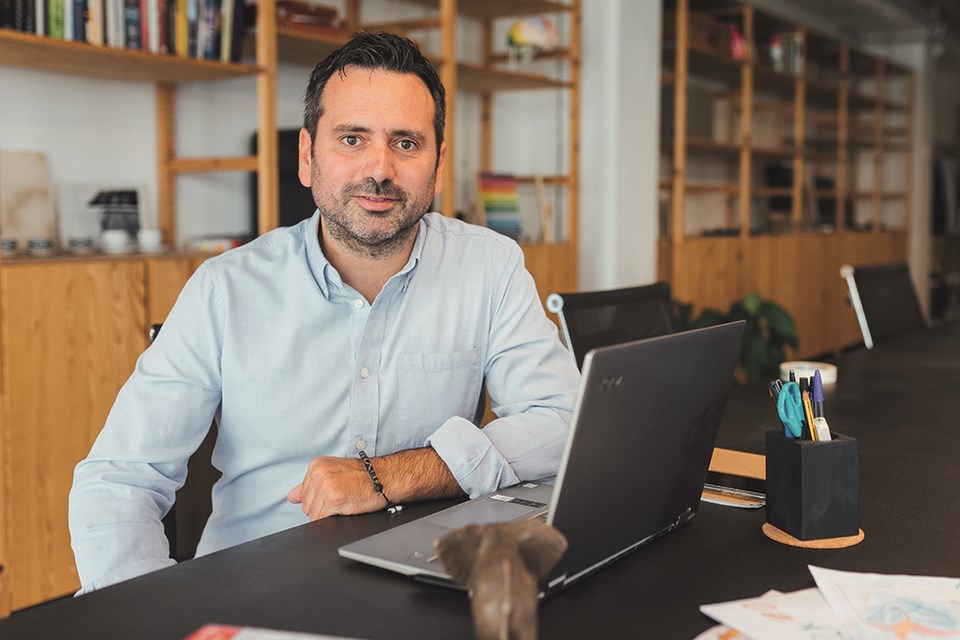Dr Bilbao has published Understanding Your Child's Brain, which recommends parents ration or not allow screen time for children under six. He says devices with screens should ‘find their way into the child's hands gradually’ once they have developed emotionally and intellectually.
I started to warn about screen use with children in 2012. In my experience as a neuropsychologist in brain injury rehabilitation, I’m aware of many different studies that demonstrate that computer-based rehabilitation for adults and children with intellectual disabilities has no beneficial effect. The reasons lie in the nature of human learning. We are designed to learn through human interaction. A recent study showed how brain connectivity reduces when children play with video games and increases when they are reading a book or playing with peers.
There are quite a lot of studies that show how screen time in pre-schoolers is associated with three main difficulties during childhood: deficits in attention span and sustained attention, and a higher prevalence of ADHD; difficulties in social interaction and a higher prevalence of autism spectrum disorders; and difficulties in executive control and higher prevalence of behavioural problems.
The American Pediatric Association recommends no devices for children under 18 months, while the Canadian Pediatric Association recommends no devices for children younger than two years old. I recommend age six because that is a crucial age in the development of certain areas of the brain – specifically, striatum – that are highly associated with the development of motivation, self-control and attention.


